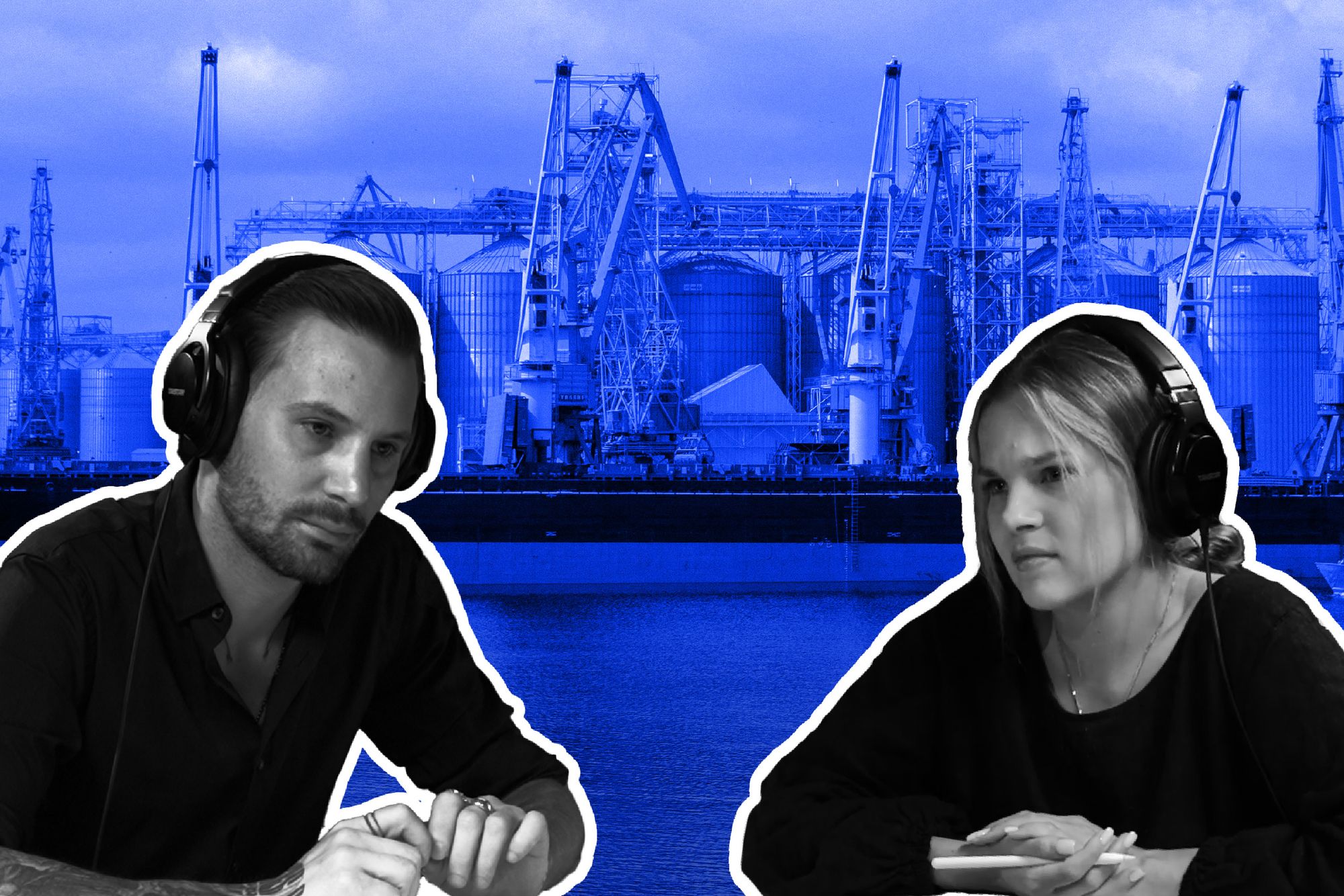Russia attacks port in Odesa Oblast, killing 1

A Russian missile attack on Odesa Oblast killed one civilian guard overnight, regional governor Oleh Kiper said on Telegram on July 27.
Kiper reported that Russian forces fired Kalibr cruise missiles at port infrastructure facilities in the region. A guard building and two cars were destroyed, and cargo terminal equipment was damaged.
The exact location of the attack was not disclosed.
Moscow announced that it would not extend the Black Sea grain deal on July 17. Since July 18, Odesa and other ports along the coast of the Black Sea have been repeatedly attacked by Russia.
On July 19, Ukrainian Agriculture Minister Mykola Solskyi reported that Russian attacks had destroyed 60,000 tons of grain in Chornomorsk.
On July 24, Russia used attack drones to strike port infrastructure on the Danube, destroying a hangar used for storing grain. The attack took place in the far southwest of Ukraine, just 200 meters from the border with Romania, a NATO member state.
Prior to the full-scale invasion, 95 percent of Ukraine’s grain was exported via these ports. Wheat and corn prices have already risen sharply worldwide.
According to U.K. intelligence, the Russian Black Sea Fleet "has altered its posture" in preparation to enforce a blockade on Ukraine's ports, the U.K. Defense Ministry said in its July 26 update.
There is now "the potential for the intensity and scope of violence in the area to increase," added the update.














